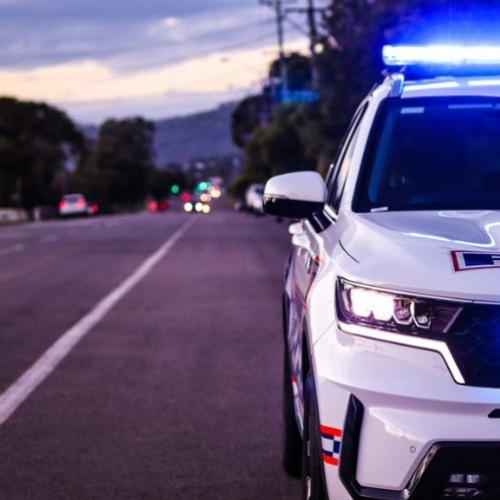Thousands of criminal DNA samples will be retested after an interim report exposed extraordinary flaws in the Queensland Forensic and Scientific Services laboratory and a ‘potential miscarriage of justice’.
The commission of inquiry, headed by Walter Sofronoff, has delivered an interim report to the government outlining serious shortfalls in testing thresholds.
It found forensics at the state-run laboratory failed to test samples under a certain threshold, which could have identified partial or full DNA profiles.
The report has uncovered up to 10 per cent of samples classified as ‘insufficient for processing’ if further tested may lead to positive identification or potentially change the outcome of legal proceedings.
“There is a likelihood (with further processing) that some will find either partial or full DNA,” Health Minister Yvette D’Ath told reporters on Tuesday.
Ms D’Ath said it was not clear why the thresholds in place between 2018 and June 2022 had been introduced, but she feared it might have led to a miscarriage of justice in some cases.
“These are very serious issues. I want answers. The government wants answers. And I have no doubt that Commissioner Sofronoff will leave no stone unturned to find out how this has occurred,” she said.
“I want to know why the methodology has changed. I want to know who authorised it. I want to understand the reasoning behind it.”
The minister said the next step would be to identify samples that may show partial or full DNA.
“We have no idea the number of samples yet, and we don’t know how many of those will show sufficient DNA to warrant further consideration by QPS,” Ms D’Ath said.
Once identified, the samples will be prioritised and undergo urgent retesting.
“What we do know is even if there’s one, just one case, one victim, one alleged perpetrator where the DNA shows a connection, possibly to someone involved in a crime, then we have a responsibility to act and provide that person with justice in whatever way we can,” Ms D’Ath said.
Queensland Police confirmed a task force had been established to “continue identifying and reviewing evidentiary samples for additional DNA testing with Queensland Health Forensic and Scientific Services”.
Acting Deputy Commissioner Mark Wheeler said the number of samples was in the thousands.
“So there is a fair bit of work to get through,” he told reporters on Tuesday.
“We look at the seriousness of the case first. We’ve got to prioritise. That’s why we’ve set up a team who are experts in that area.”
Premier Annastacia Palaszczuk said she was shocked by the findings.
“I am incredibly concerned, and that is why cabinet will be dealing with this interim report today,” she said on Tuesday
Potential problems with the lab first came to light as a result of The Australian newspaper’s podcast series about the slaying of Shandee Blackburn, a young woman killed at Mackay in 2013.
Concerns have been raised about a potential failure to test crucial forensic evidence, with specimens falling below a certain level reported as “no DNA detected” or “DNA insufficient for further processing”.
DNA threshold limits in place since 2018 have since been removed.
The opposition said the potential bungling of DNA testing was extremely serious.
“Murderers, rapists, people who have committed sexual assault could potentially be walking free, because the forensic science services of Queensland weren’t doing their job,” Liberal National Party spokesman Tim Nicholls said.
Mr Sofronoff will deliver his final report in December.
© AAP 2022









